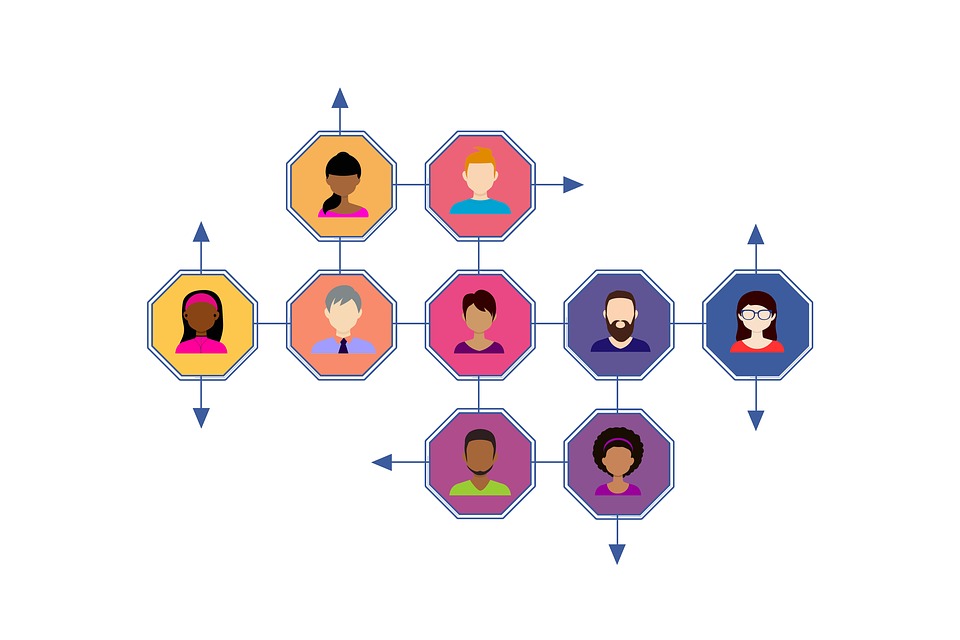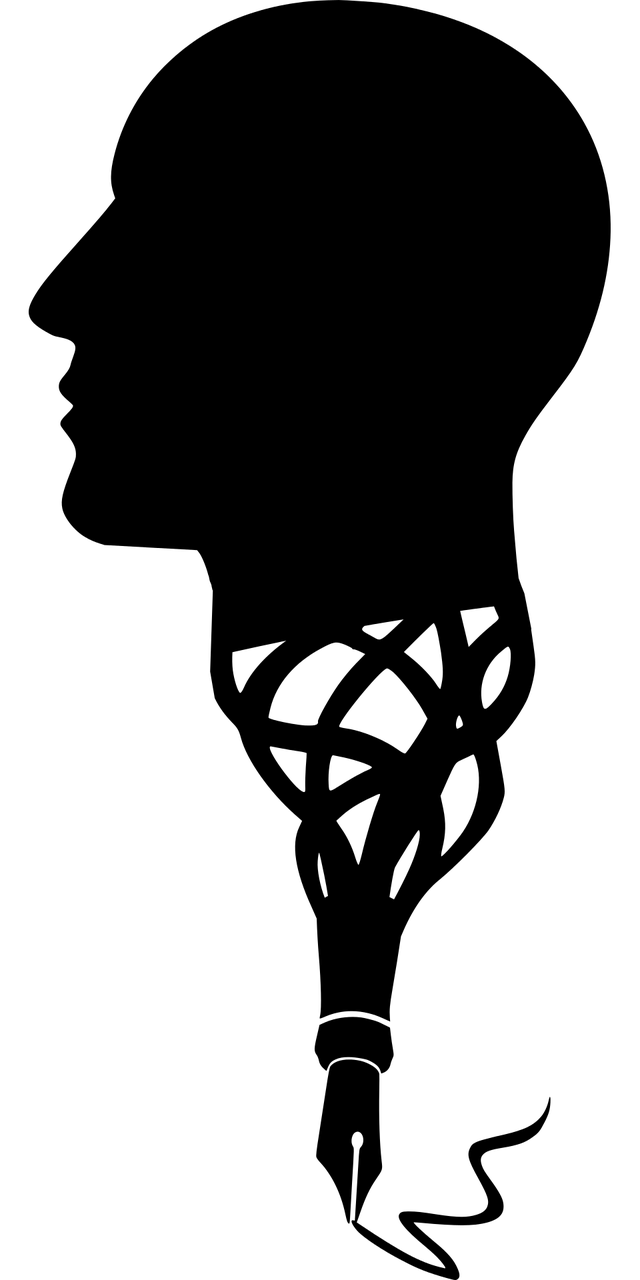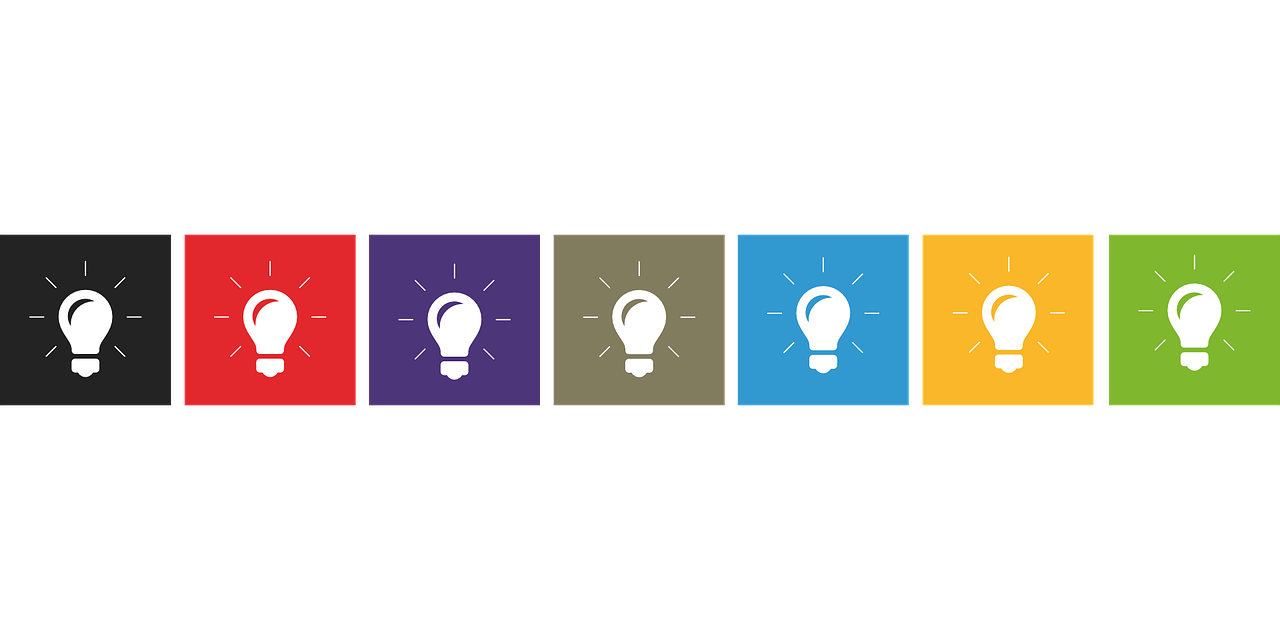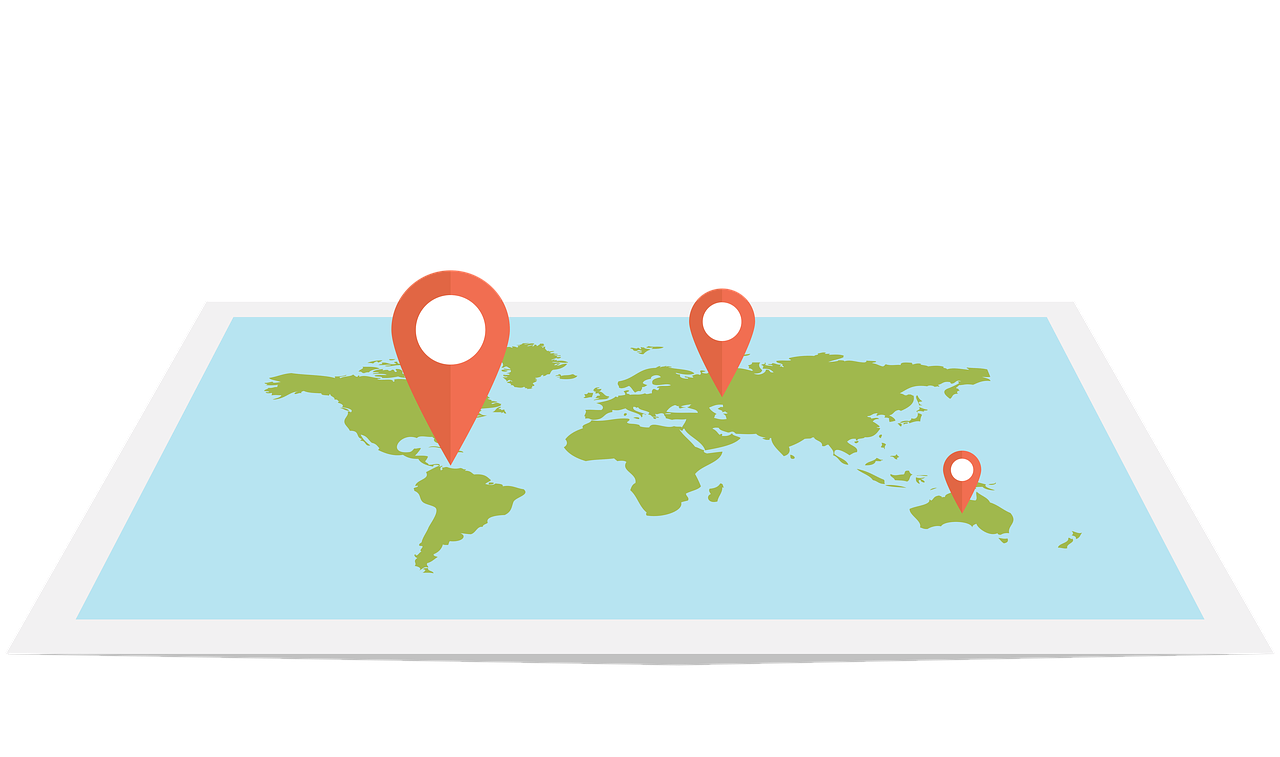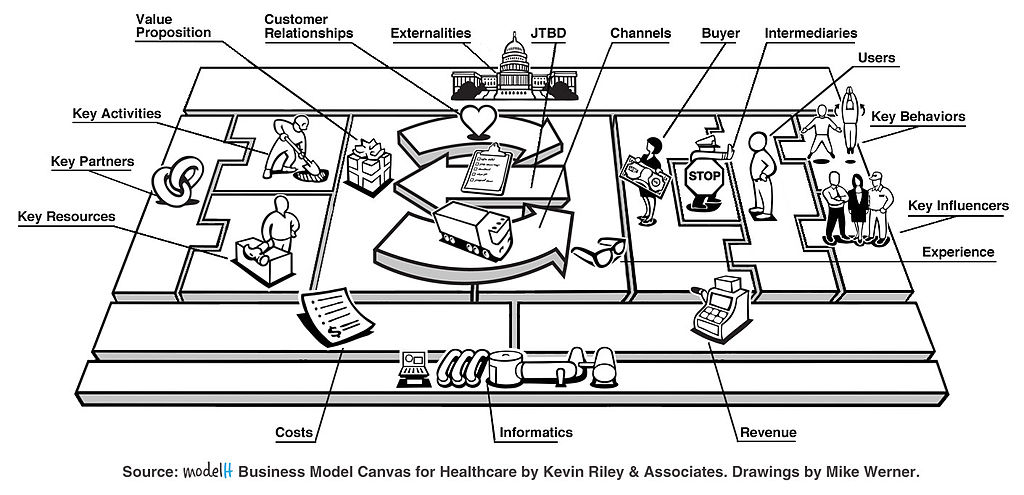
The Business Model Canvas (BMC) is a strategic management and lean startup template for developing new or documenting existing business models. It is a visual chart with elements describing a firm's or product's value proposition, infrastructure, customers, and finances. It assists firms in aligning their activities by illustrating potential trade-offs.
Below is the best YouTube content that we could find, as well as complementary topics for creating or growing your business.
